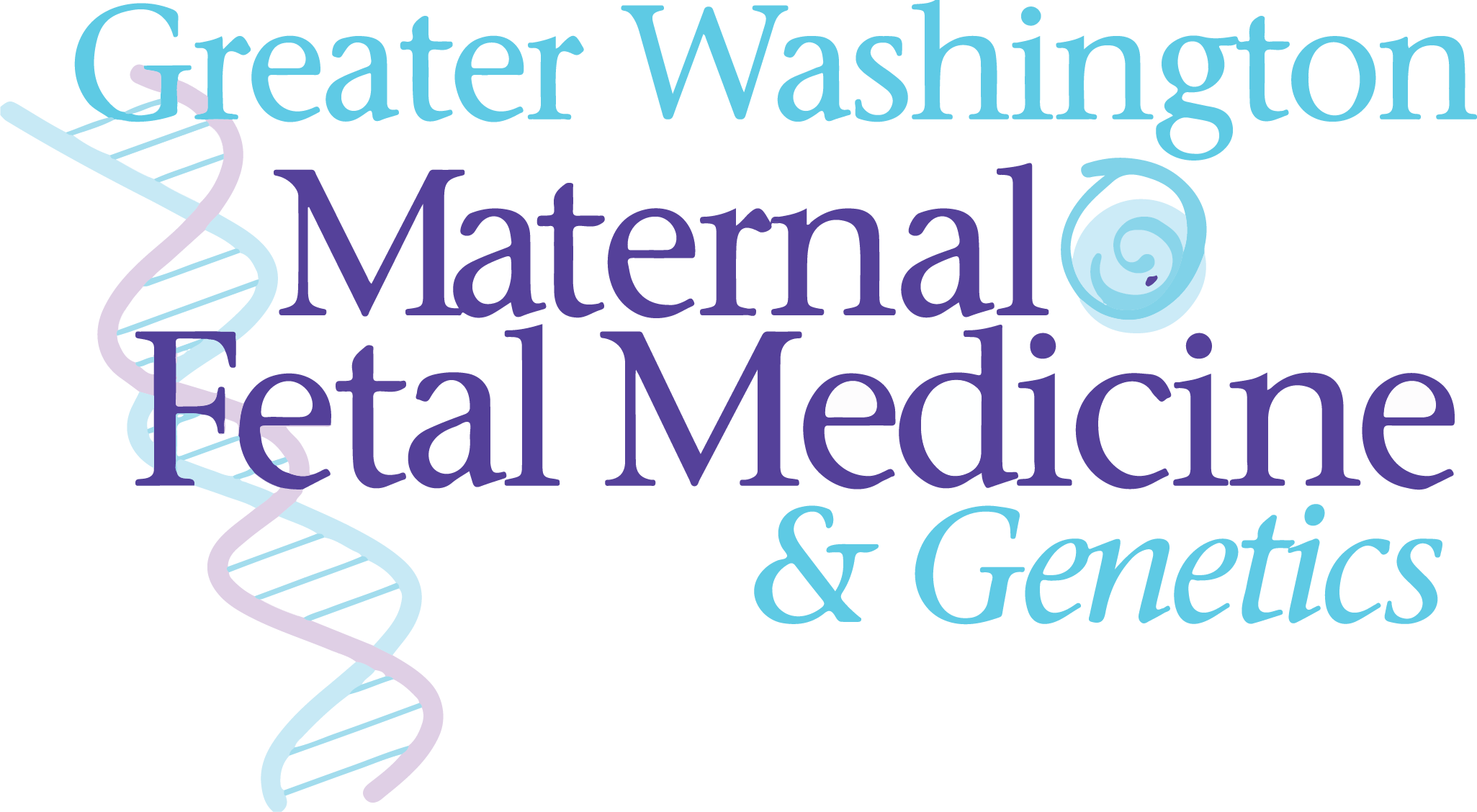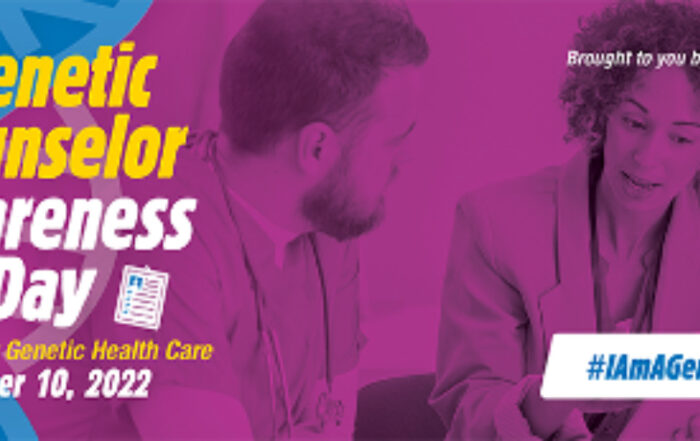Happy Genetic Counselor Awareness Day!!
November 11, 2022

Genetic counselors are certified healthcare providers who help families understand and use information regarding genetic conditions. Conversations are personalized for each patient based on their specific goals and questions, their family history, and the risks, benefits, and limitations of different genetic screens and tests. Genetic counselors also assist families with a genetic diagnosis connect with the appropriate providers for both medical care and social support.
Greater Washington Maternal Fetal Medicine and Genetics is proud to partner with our patients to provide prenatal genetic counseling for a more comprehensive maternal fetal medicine care experience.
Why see one of our prenatal genetic counselors?
- Genetic screening and testing options are constantly updating and expanding – it can be overwhelming to consider all the options available for your current/future pregnancy. Your genetic counselor can help you consider which types of genetic information would be beneficial for you and your family.
- Personal or family history of a genetic condition or birth defect – certain genetic conditions, birth defects, or other diagnoses in the family may increase the risk for a current or future pregnancy to have the same or a similar condition.
- An ultrasound noted a potential concern – some growth differences and ultrasound abnormalities are associated with different genetic conditions. Discussing if an ultrasound concern may be part of a genetic condition can help you decide if you want to proceed with invasive diagnostic testing.
- Anyone undergoing invasive diagnostic prenatal genetic testing from CVS or amniocentesis has options for which laboratory tests are performed – discussing those options and potential results is an important step in choosing whether to proceed with an invasive procedure.
- Recurrent miscarriage – multiple miscarriages may indicate one member of the couple has a difference in the structure of their genetic information which means they are more likely to conceive pregnancies with missing or extra genetic information.
- Advanced maternal age – pregnant individuals who are 35 years old or older at their due date are at increased risk for sporadic chromosomal genetic conditions. There are different ways to estimate the risk for each pregnancy and invasive diagnostic testing is also available through CVS or amniocentesis.




